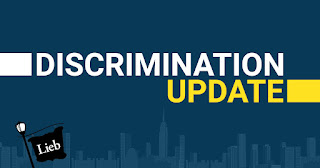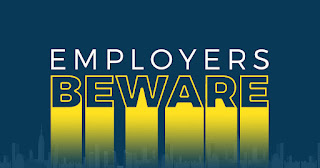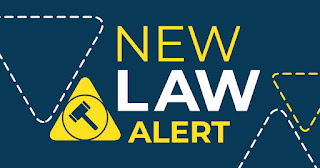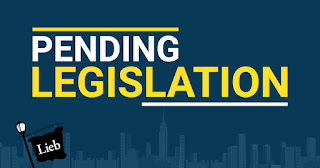On December 22, 2023 Governor Hochul signed Bill A3484A amending New York State's limited liability company law and the executive law. This new amendment will significantly transform the landscape of limited liability companies (LLCs) in New York. How will this bill accomplish this? By eradicating anonymous ownership of LLCs.
This amendment defines beneficial ownership while also mandating the disclosure of beneficial owners upon the formation of an LLC, and publicizing this information in New York State's business entity database.
This change to the law stems from concerns about the repercussions of anonymous corporate ownership. It highlights the misuse of anonymous LLCs for various illicit activities, including tax evasion, funding criminal organizations, money laundering, and even hindering routine code enforcement.
This legislative move aligns New York State with global efforts to foster transparency in corporate ownership. By mandating disclosure and establishing a public database, this change to the law aims to curtail illicit activities associated with anonymous ownership while protecting genuine privacy concerns through specific exemptions and waivers.
The transparency this law brings will save time, money, and resources for those suing an LLC. This will reduce unnecessary motion practices and other additional steps that had been required in order to determine who to serve when suing an LLC.
This bill stands as a significant step towards a more transparent and accountable business landscape in New York State.
This law comes into effect on December 21, 2024, 365 days after being signed by the Governor. To learn more about Bill A3484A , click here.












